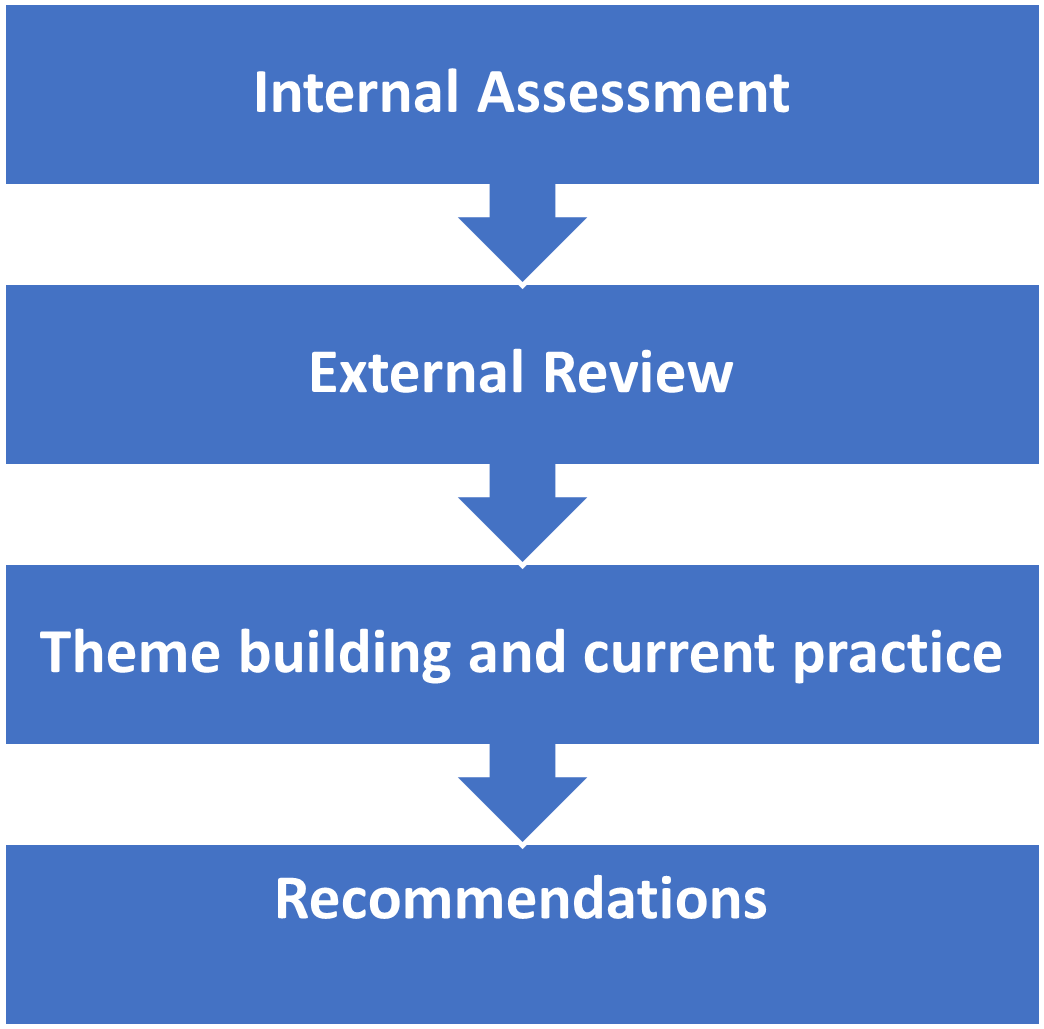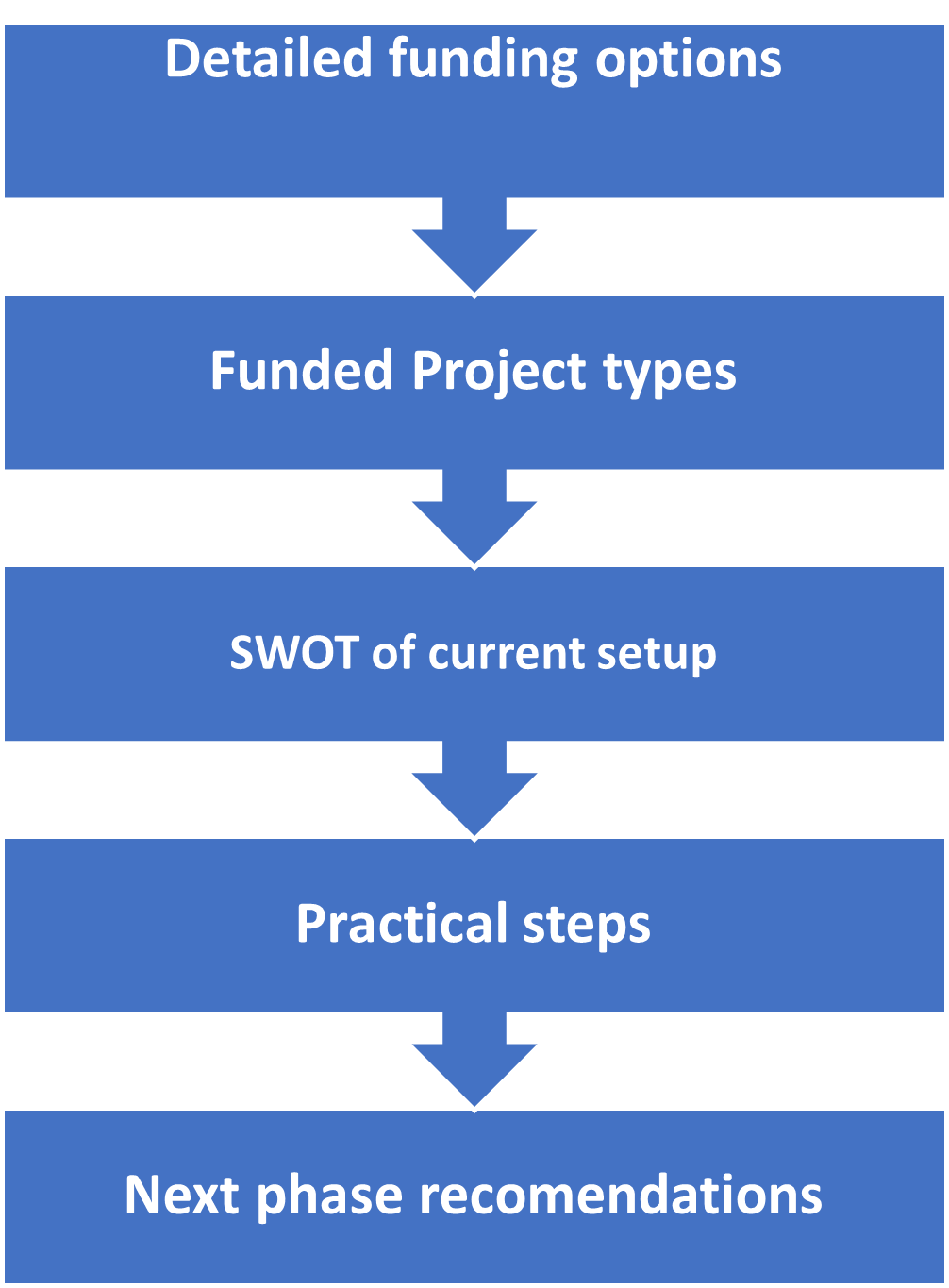
Enhancing our brand, adding value for members, generating content, cementing alliances: all good reasons to undertake substantive research within our sector. Questions about Professional Membership Organisations Academic Research include in-house versus commissioned and crucially, how it is to be funded.
Owning the Space
The motivations for research are as varied as the organisations undertaking it, and include:
- Membership expectations (e.g. in the provision of CPD content and thought leadership)
- Brand enhancement
- Improved sector knowledge
- Competitive edge
- Better, fact-based decision making
- Understanding and resolving compliance issues
- Supporting international programmes and alliances.
MRP Consulting supports clients in:
- Critically reviewing current activities in the sector context
- Benchmarking against ‘best practice’ in the wider market place
- Considering the strategic options including organic growth, new publishing ventures, partnering with academic and other institutions as well as possible acquisitions
- Gaining access to funding, including government, philanthropic and corporate sources.
Case Study (Professional Membership Organisations Academic Research)
Client: A professional institute of 140,000 members operating under Royal Charter.
Assignment: We were briefed to support the Institute in the consolidation and development of their diverse research activities.
The Process: Project context
Key Questions and Answers
• Why do we need research?
• Why does the Institute need to do it themselves?
• Are we doing enough in the world of research to fulfil our drivers?
• What could/should we do that is bigger, better and broader, and how could we do it?
• Why do it now?
The Programme of Work
Phase 1
This stage was very much a snapshot of internal current practice and external best practice, giving us the necessary information to design a robust research strategy and make practical recommendations.
Critical path

Phase 2
This phase was designed to put “meat on the bones” with defined steps to deliver on the client’s objectives.
Critical path

Outcome: The most significant development based on our recommendations was the introduction of a separate Research Foundation for the organisation. The key objectives and benefits for the client are:
• Constant and consistent market oversight, specifically the key strategic initiatives of others
• The resource to respond to calls for submissions
• Relationship management with funders
• Resource to project and account manage each project effectively
• Strong focus on the big projects around major ‘sexy’ topics
• Marketing support to highlight what we’ve done and what we can do for both potential funders and partners alike.
